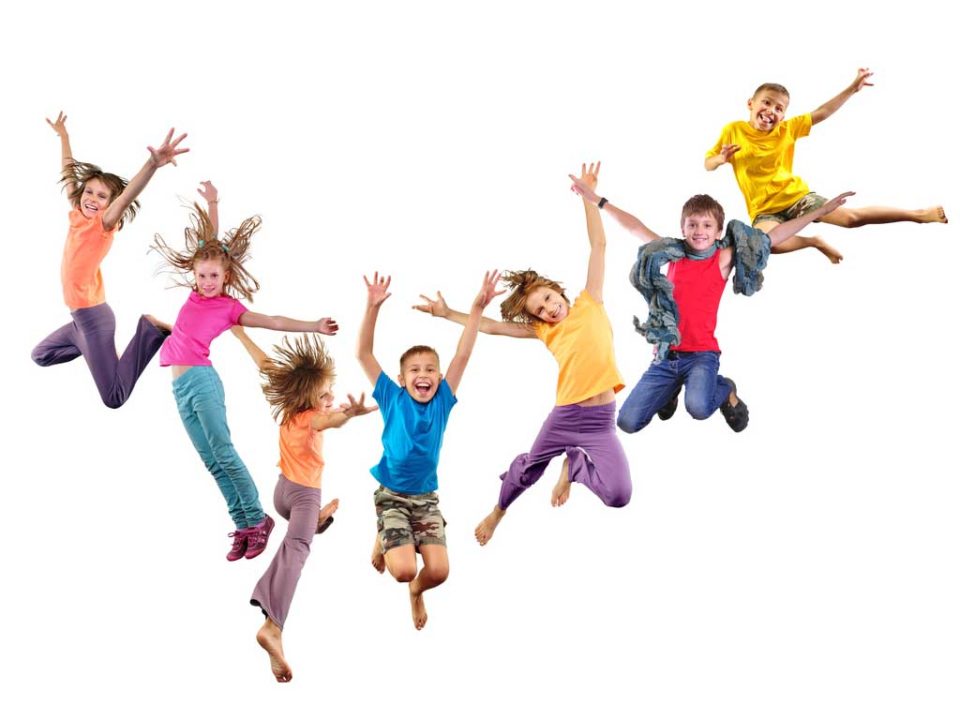The benefits of childhood active play are numerous. Parents know that children need to play actively when they are young, it is something your parenting instincts tell you. But those are not just your gut feelings, and there are real long-term benefits for children who engage in active play daily throughout their childhood and adolescence. We have already talked about how active play can contribute to a child’s confidence and physical capability for the rest of their life, but there are also some essential health benefits as well.

Active play is good for kids in more ways than just getting their hearts pumping and keeping their little muscles active at that moment. Children who are constantly running, climbing, and playing new games are also more likely to experience healthy adolescence and maintain that physical health through a lifetime of adulthood as well. If you want to see your child grow up to live a physically healthy life, active play is one of the best ways to build that long-term habit of health.
Today, we are focusing on the surprising lifetime health benefits for children who play actively and confidently as they grow up.
Lifelong Physical Fitness – The Joy of Moving
Active play in an exciting and diverse environment builds a personal love of physical movement. Children who play actively are more likely to enjoy sports, dance, and running as they get older and are more likely to join physical extracurriculars as teens. But beyond that, active play teaches a child to enjoy using their bodies truly. They learn to enjoy the feeling of pushing their limits, of running, building new muscle, and that healthy feeling you get after exercising hard day after day.
That joy of moving and enjoyment of exercise does not wear off as children grow up, especially if they stay active through childhood and adolescence. Children who engage in regular active play are more likely to develop a lifelong love of physical fitness.
Eating Well – Know What Feels Healthy
Another interesting and unexpected benefit of active play is a healthier relationship with food. When human bodies exercise, the stomach sends strong signals that are impossible to ignore. Burning calories makes you crave calories, and building muscle makes you crave protein. But exercise with the wrong kind of food in your belly, and the stomach will tell you under no uncertain terms.
Kids who exercise regularly naturally migrate toward foods that feel good and away from foods that feel bad do digest. Paired with a healthy selection of food at home and school and children will often figure out nutrition with only a few pointers from the outside. Children learn what foods make them feel energetic versus foods that make them feel sluggish and will prefer to eat in ways that make them feel good. They build a healthy relationship with their digestion in a way that you cannot teach with just words and behavior modeling. It must be felt.
This is especially important as kids grow older and enter adolescence, where good nutrition can influence everything from muscle tone and weight to skin complexion. And a good relationship with your stomach as an adult can determine long-term health and fitness, even the high-paying desk-based careers you are hoping for.
Lower Chance of Injury – Physical Confidence and Coordination
Believe it or not, there is one more health benefit to active play that few people see coming: A lower chance of physical injury. We have all known someone in our lives who is considered eternally clumsy. Constantly twisting ankles or tripping down the stairs. Children who are physically active when they are young are far less likely to experience injury in sports, stepping off curbs, or even when they are jostled by someone else.
Active play, especially diverse active play, teaches physical coordination, grace, and quick recovery. Kids who are great at playing soccer and climbing jungle gyms as they grow up are also great at maintaining their balance and even detecting when their bodies are at risk of an injury. Children who played on balance beams and monkey bars learn how to balance. Children who tumble and wrestle learn how to fall without injury.
That Tigger-like resistance to injury is not just for childhood. Kids who learn this body awareness and coordination keep that knowledge all through their lives. They will be less awkward as teens and less likely to stumble or become injured throughout their entire adulthood. By getting your kids involved in active play early, you can instill them with physical confidence and coordination that will last a lifetime.
The Kids ‘N Shape team is dedicated to giving kids a chance to run, play, jump, and climb. We love to see kids have a great time in the short-term, knowing they are building body-confidence and coordination that will stick with them in the long-term. Make sure your kids are getting plenty of active play throughout childhood and adolescence, and they will have a greater chance at health, fitness, and a good relationship with their bodies for the rest of their lives. Contact Kids ‘N Shape today to find out more about childhood active play opportunities or to schedule the best birthday party in the NYC area.



Comments are closed.